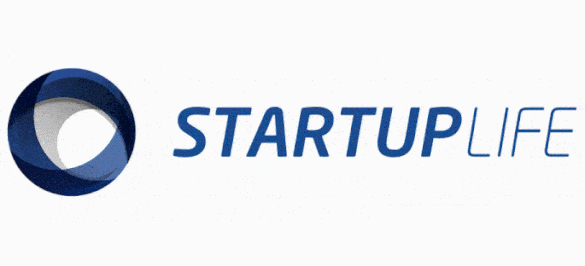By Nathalia Carlet and Layon Lopes*
The startup cycle is pretty similar to all rising companies: starting from idea until the execution. To convert an idea into a product/service and offer it to the public has consequences that go from the conception to the use of the product/service itself.
Keeping that in mind, it is very important to founders of start-ups to take into consideration the legal side of their decisions from day one, even though this is not the most exciting idea for most founders and are usually the last concern when creating a business.
In this article, in a simplified way, we bring the five most frequent legal mistakes that are made by start-ups in Brazil, in order to help the founders to avoid problems in the future which then could have major consequences for the rising business.
Protection of Intellectual Property
Intellectual property is a very important asset for every start-up. At the same time, due to the widespread technological adoptions, to infringe it is easy regarding the company’s name, domain name or product.
There are a number of ways in order to protect the Intellectual Property of your business and, in spite of the fact that applications/software do not have a great protection in Brazil, there is always room to reduce their risks.
Confidentiality agreements (NDAs), even though sometimes give a sense of distrust, have an important function, at least to discourage the breach of confidentiality, so it is important to require its signatures before disclosing very important information of the business.
Furthermore, INPI has a relevant role in protecting the start-ups against large players,because industry giants can easily copy an unpatented invention, or use this invention to stay ahead in the market.
For the best protection of strategy, it is important to hire a competent attorney.
Formalisation of the start-ups
Definitely, one of the main concerns that the founders of a start-up must have is the formalisation of their business in order to operate legally. Thus, it is very important for the founders to have in mind what type of business entity they will choose regarding the incorporation of the company.
Generally, the bureaucracy and the tax burden which are required to formalise a business can scare the founders of start-ups.
Nevertheless, there are many ways to incorporate a company without onerous costs in Brazil which still offer the protection of a legal entity for the founders.
A good example of this is the widely adopted MEI whichby early entrepreneurs call MEI (individual microentrepreneur). This type of legal entity has emerged aiming the formalisation of these businesses with a reduced tax burden allowing the founders to obtain their CNPJ (identification number obtained from the Department of Federal Revenue of Brazil) and act in a legal way in the market.
Therefore, to start a start-up in Brazil, it is recommended to research and establish an advantageous legal structure before registering the company at the Board of Trade. The adoption of a structure that is not suitable for the activity carried out may require excessive taxes compared to the size of the business and, thus, lead to bankruptcy.
Thus, it is essential that, before opening the business, the founders seek out a specific lawyer who will be able to help choose the most suitable entity type taking the activities and the tax burdens into consideration.
LGPD Suitability
Another very important aspect to keep in mind as a founder of startups in Brazil is to make sure your business is suitable to the LGPD (Brazilian equivalation of General Data Protection Regulation – GDPR) which came into effect on August 1, 2021 and aims to protect data that identifies individuals and also individuals’ legal entities, such as the CNPJ and business address.
Therefore, if your startup collects these types of data, it is essential that it conforms to the LGPD.
So how is this done? Well, according to the LGPD, it is necessary for the business which collects the data, known as holder, to have an explicit consent to what data is being collected and for what reasons they will be used. For instance, on a website, the consent is usually given through the terms of use and it is explicit in the privacy policy,
A company that fails to comply with the rules provided by the LGPD will be subject to warnings, fines and even elimination of the data collected. Thus, in order not to have any financial losses or deleted data for the operation of your start-up, do not take that risk and adequate your business to this LGPD.
Start-up’s documentation
A founder of a start-up has to be aware that their agreement to incorporate a company has to be well thought out and not just a simple model from the internet.
Therefore, it is necessary that this document contains several protection clauses, rights and duties of the partners and outlines the future of the company.
Just to bring up a few points, founders should think about clauses such as: vesting (right to acquire shares); duties and rights of partners (as well as inheritance rights in the event of fatality); division of decision-making powers (who decides what, which quorum etc…); rules for admission of new partners; protective rights of minority shareholders; dividend distribution (when, how; in what percentage).
Lack of Permits or Licenses
Finally, the founders usually fail to comply and to obtain the relevant permits or licences which are required to run the business and perform the activity of the start-ups.
The necessary permits vary and are based on the nature of the business, state qualification, sales tax, city, county, zoning and seller permits, health department permit and federal or state tax ID.
This is a relevant concern since this violation of rules/laws may lead to hefty penalties and fines. To avoid this problem, we recommend appointing a professional legal consultant from an early stage.
* Layon Lopes is the CEO of Silva | Lopes and Nathália Carlet is a member of the Silva | Lopes team.







